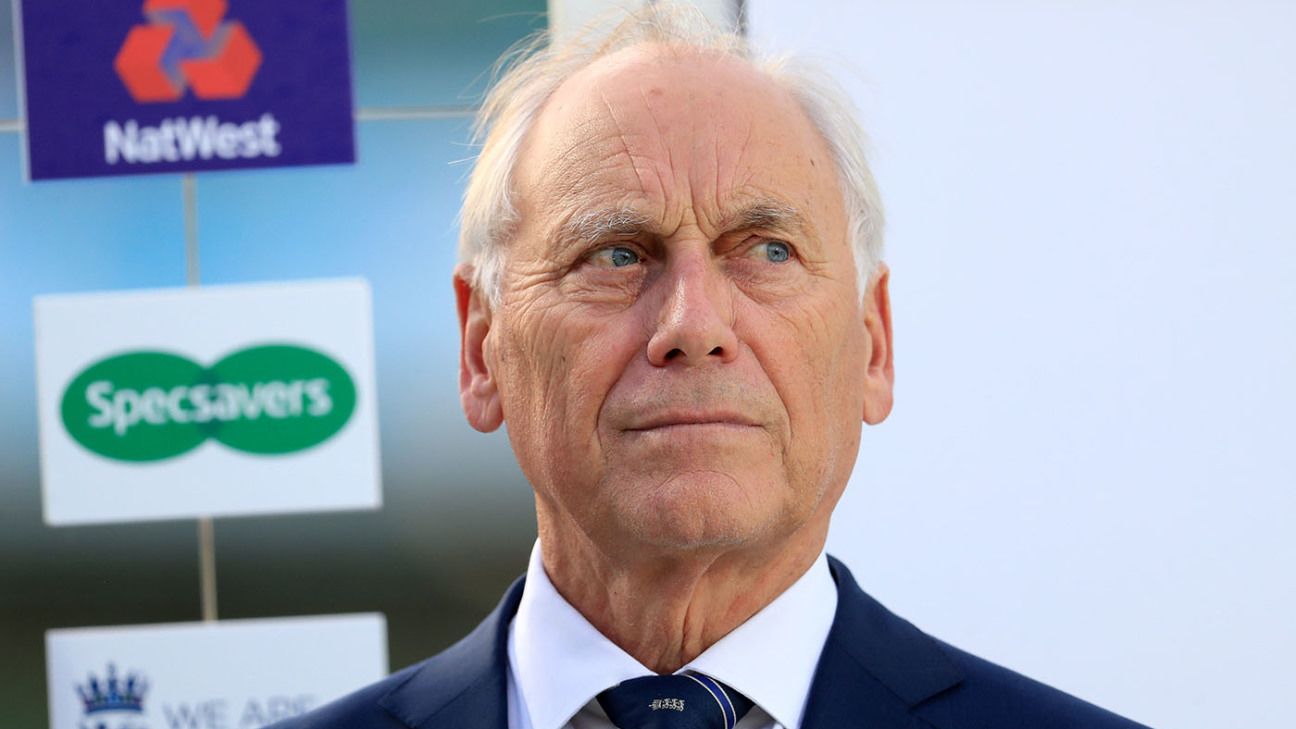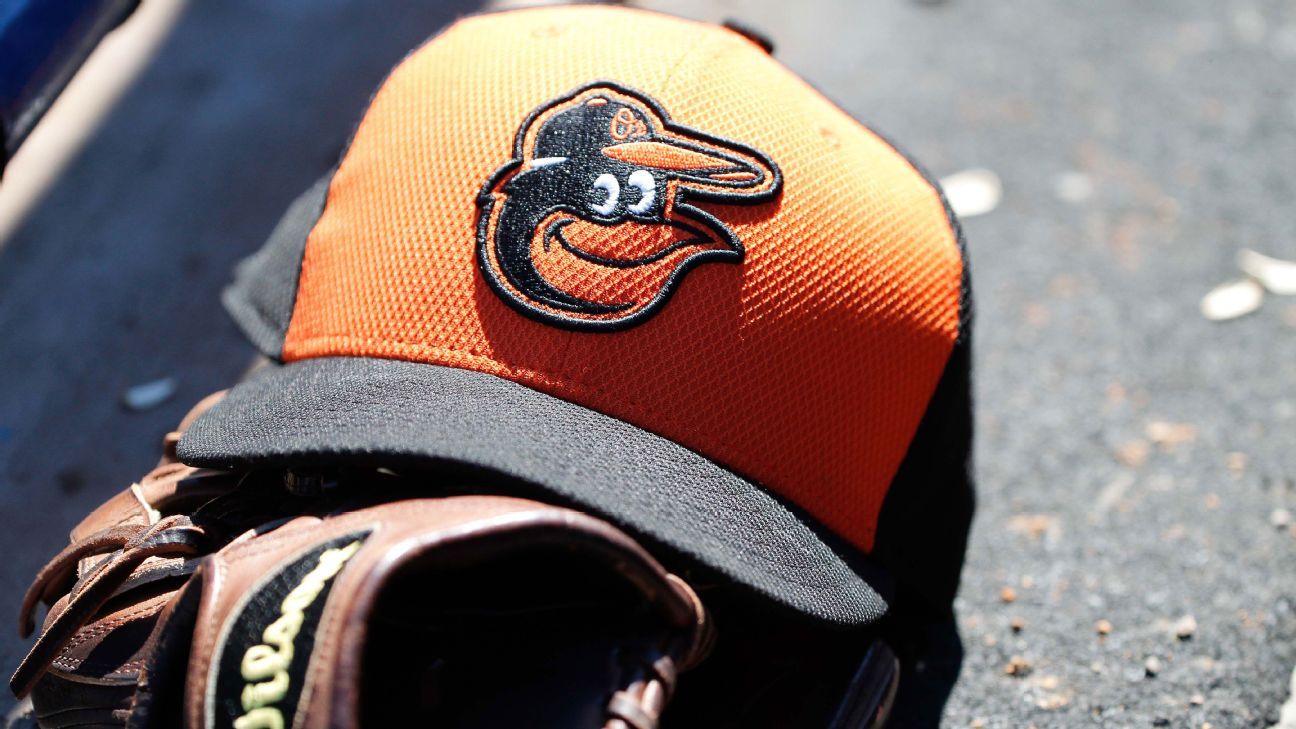
The ICC might believe it had already somewhat levelled the monetary playing field with its fresh revenue distribution model in 2017, but Colin Graves, the outgoing chairman of ECB, says the global governing body can "recut the pot" to make it a much more equitable for the 12 Full Member countries.
In 2017 the ICC Board, on which Graves sits, approved a new finance model that replaced the controversial arrangement worked out by the Big 3 comprising BCCI, ECB and Cricket Australia. As per the 2017 finance model, for ICC earnings estimated at $2.7 billion for the 2016-23 rights cycle, BCCI would get $405 million and ECB $139 million.
Each of Cricket Australia, Cricket South Africa, Pakistan Cricket Board, New Zealand Cricket, Sri Lanka Cricket, Cricket West Indies and Bangladesh Cricket Board would get $128 million. As for the smaller countries: Zimbabwe Cricket would get $94 million with Cricket Ireland and Afghanistan Cricket Board drawing about $40 million.
Since then those figures have been revised slightly with all countries getting lesser money due to shifting global economy affecting ICC revenues. That, though, has had lesser impact on BCCI, ECB and CA, which rely on the lucrative media rights derived from bilateral and domestic T20 cricket leagues primarily.
The rest of the Test-playing countries have failed to secure long-term broadcasting contracts which has increased their reliance on the annual payout from the ICC, which comes twice a year in January and July.
This level of disparity would endanger the product of international cricket, according to a revealing paper submitted by Cricket West Indies to the ICC board in 2017. The author of that paper was CWI chief executive officer Johnny Grave. "The gap between wealthier and less wealthy cricket nations is widening and will contribute to less wealthy nations being less competitive, therefore devaluing the international cricket product," the CWI paper said.
Graves believes there is a solution though. "I think there's a way to do that," Graves told Sky Sports at lunch on the first day of the final Test of the England-Pakistan series, being played in Southampton. "I sit on that ICC Board at the present time and have done for the last four years and I think the ICC could look at the way that they share the money out from their pot. Because I'm not being unkind: the ECB, BCCI and Cricket Australia are not reliant on the ICC pot. They are reliant on their own pot.
"And I think the ICC could recut that pot in a different way with all those countries to make sure they are all sustainable because we need all the countries sustainable going forward. Everyone of them."
As it happens the 2017 finance model is not part of the ICC constitution. In a paper on the new governance structure in 2017, the ICC stated the details of a financial model will "be determined by the Board from time to time in a manner that may allow each member to receive a different level of distribution".
Graves' term as ECB chairman comes to an on August 31. However, he remains one of the contenders for the ICC chairman's position which is yet to be filled after Shashank Manohar stepped down in June.
Graves on ICC chairman election
The current 16-member ICC Board has failed to reach a consensus on the chairman's election process with debate surrounding whether there should be a two-third majority or just simple majority during voting process.
Without giving away too much Graves said he would make a final call based on the support he got at the ICC Board. "That's not up to me. At the end of the day the way the election goes you have to be nominated so if I don't get nominated then I will be nowhere near it anyways. When the nominations happen I'll have said to everybody I'll look at it and see where I am."















 Phone: (800) 737. 6040
Phone: (800) 737. 6040 Fax: (800) 825 5558
Fax: (800) 825 5558 Website:
Website:  Email:
Email: 






